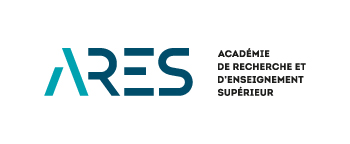This project aims at developing a new approach to earthquake risk assessment in Haiti. In 2010, this country has been hit by one of the most serious earthquake disasters in human history. Since then, many emergency actions have been implemented, but without developing a sustainable earthquake risk monitoring strategy. In particular, most activities involving partners in Haiti were focused on geo-engineering and geophysical-seismological studies. However, sustainable natural risk reduction also requires analysing population vulnerability. Therefore, we need to take into account the resilience of the population with respect to earthquake hazards, varying according to the individual, household and community characteristics.
The essential goal to be achieved within this project is to contribute to local capacity building in the field of total seismic risk assessment and reduction in Haiti through a combined analysis of related hazards and vulnerability. Within Target A (combining parts of Result 1, and entire Results 4 and 5 of the logical project framework) we will provide new monitoring equipment and training to develop essential scientific expertise in Haiti in order to survey earthquake hazards. Within Target B (combining parts of Result 1, and entire Results 2 and 3 of the logical project framework) we aim at developing innovative solutions for developing social vulnerability metrics, earthquake risk scenario calculations and risk communication. We will also contribute to the new Geoscience Master Programme at the Université d’Etat d’Haïti focused on geological risks, by reinforcing doctoral and postdoctoral training to form national experts able to provide teaching in this field. The sustainability of ‘geo’-activities supported by Belgian teams in Haiti is exemplified by the new South-team coordination taken over by a former ‘PIC’ project PhD student, Prof. K. Guerrier. Feasibility is enhanced by the involvement of trainees and technical personnel in the surveys.
Furthermore, for each target we will form a working group; each one including both N-partners and S-partners who will be responsible for the respective training and research activities.


